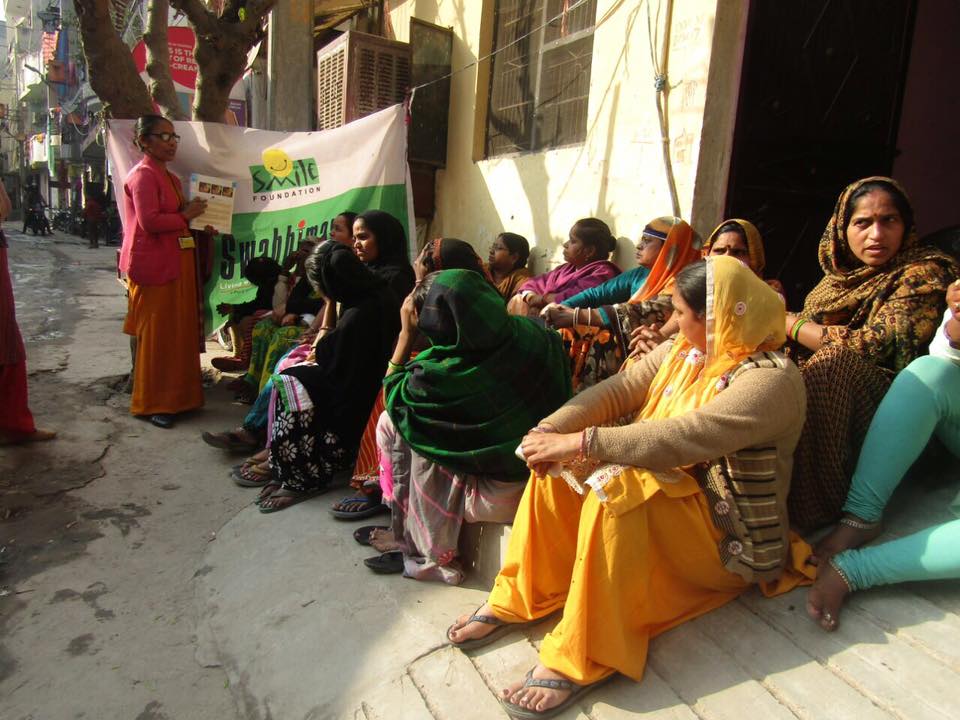In India, where diverse ecosystems and communities face unique climate challenges, integrating climate change sensibilities into NGO programmes is both a strategic choice and a necessity. Climate change is an immediate reality that affects every aspect of life—from agriculture and water resources to health and livelihoods. NGOs, which are at the forefront of addressing social and environmental issues, must weave climate considerations into their programs to enhance effectiveness and sustainability.
The Urgent Need for Integration
Climate change impacts are increasingly evident across India. Rising temperatures, erratic monsoons and extreme weather events such as floods and droughts are becoming more frequent. According to many reports, extreme weather events have intensified, with the frequency of heatwaves and heavy rainfall increasing. These changes exacerbate existing problems like food insecurity, health crises and displacement, making it crucial for nonprofits to integrate climate change sensibilities into their work.
For example, organisations like the Development Alternatives have incorporated climate resilience into their sustainable development projects. They work on water resource management and agricultural practices that adapt to changing climatic conditions, thereby ensuring the long-term success of their initiatives. Similarly, Goonj integrates climate awareness into their community-based programmes, addressing how climate change impacts the underserved and finding ways to mitigate these effects through their work.
Challenges and Solutions
Integrating climate change into NGO initiatives presents several challenges. First, there is often a lack of technical expertise and resources within them to address climate issues effectively. Additionally, many NGOs operate with limited funding and may prioritise immediate humanitarian needs over long-term climate resilience. However, the integration of climate change sensibilities can lead to more holistic and impactful solutions.
One effective strategy is to conduct climate risk assessments as part of program planning. This involves understanding how climate change could impact the communities and sectors nonprofits work with, and then designing interventions that address these risks. For instance, NGOs focusing on agricultural development can incorporate climate-smart practices such as drought-resistant crops and water-saving irrigation techniques.
Policy and Funding Opportunities
Government policies and funding opportunities can support NGOs in this integration process. The Indian government’s National Action Plan on Climate Change (NAPCC) outlines various missions such as the National Mission for Sustainable Agriculture, which nonprofits can align their projects with to access resources and support. Additionally, grants and funding from international organisations and climate-focused funds can provide the necessary financial backing for NGOs to implement climate-sensitive interventions.
Real-World Impact
Integrating climate change sensibilities can significantly enhance the impact of NGO programmes. For example, The Centre for Science and Environment (CSE) has worked on projects that not only address pollution and waste management but also incorporate climate resilience strategies. By focusing on reducing carbon footprints and enhancing environmental sustainability, CSE’s initiatives help communities adapt to climate change while improving their overall quality of life.
Visualising the Future
To effectively communicate the importance of this integration, NGOs can use visual tools such as infographics and charts. An infographic showing the correlation between climate change impacts and nonprofit programme outcomes can illustrate the benefits of climate-smart interventions. Additionally, photographs depicting the effects of extreme weather events on communities can help highlight the urgency of integrating climate considerations.
As climate change continues to reshape our world, NGOs in India must step up and embed climate sensibilities into every programme and initiative. This integration is about adapting to change and proactively shaping a resilient future. y
NGOs should assess their current programmes like Smile Foundation do, identify climate-related risks and incorporate strategies that enhance both their immediate impact and long-term sustainability. By doing so, they will not only improve their effectiveness but also contribute to a broader movement towards climate resilience and sustainable development.
Integrating climate change considerations into NGO programmes is essential for addressing the challenges of our time. With strategic planning, collaboration and a commitment to long-term impact, we can lead the way in creating a more sustainable and resilient India.









